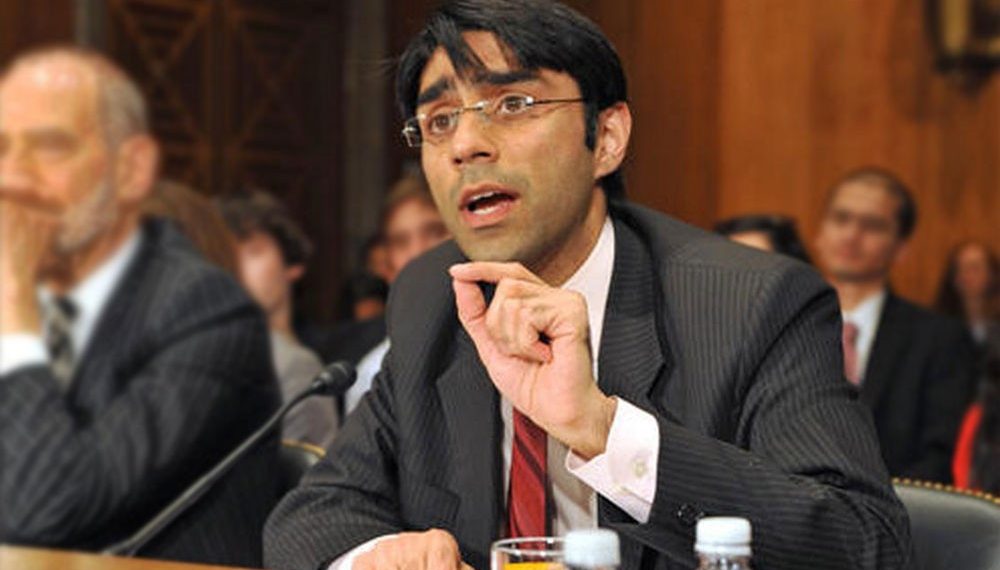Islamabad: An inter-ministerial delegation led by the National Security Advisor (NSA) Moeed Yusuf will travel to Afghanistan on January 18 and 19 to conduct bilateral consultations, highlighting Pakistan’s efforts to prevent a humanitarian catastrophe in Afghanistan.
Yusuf leads the Afghanistan Inter-Ministerial Coordination Cell (AICC), which aims to bring in Pakistan’s humanitarian and economic assistance to Afghanistan in a way that helps the Afghan interim authorities tackle its critical struggles while adhering to UN and international sanctions.
This trip, according to Pakistani government officials, assesses Afghanistan’s humanitarian, economic, and development needs in various regions. In the last few weeks, the AICC has been working hard on Afghanistan relief initiatives.
Pakistan’s primary areas of cooperation with Afghanistan are health care, higher education, humanitarian help, and the strengthening of commercial connections. Recent months have seen an increase in visits from Afghan ministers responsible for health, higher education, financial and commerce cooperation to Pakistan’s capital, Islamabad.
Pakistan expects the formalisation of assistance arrangements in these areas during the present planned visit. For the Taliban in Afghanistan, one of the biggest problems is the departure of skilled labour from the country’s population centres. Prime Minister Imran Khan’s recent comment about “exporting skilled and trained labour” from Afghanistan purportedly triggered an Afghan social media backlash.
Afghan refugees who have been educated and trained in Pakistan can work in Afghanistan’s public and private sectors, stressed Pakistani officials, to help fill Afghanistan’s human resource need. According to Pakistani officials, they will even assist that.
The United Nations and the Organisation of Islamic Cooperation, besides bilateral agreements, have allowed Pakistan to facilitate aid to Afghanistan. On December 19, 2021, the OIC foreign ministers had an extraordinary meeting in Islamabad, Pakistan, to discuss Afghanistan’s humanitarian and economic needs, as well as the creation of an OIC Trust Fund and the appointment of a special envoy to oversee humanitarian and economic involvement.
The Pakistani NSA will also travel to Kabul to monitor the situation on the Pakistani-Afghan border. Images that purport to show Taliban insurgents removing a section of the Pakistan-Afghan border barrier have circulated on social media in recent weeks, claiming that Pakistan had planted the wire in Afghan territory. Pakistan’s interior minister said Friday that Afghanistan’s permission will be required to build the remaining fence along their border, commenting that “they are our brothers.”
DG ISPR Maj Gen Babar Iftikhar had previously stated that the fencing of the Pakistan-Afghan border would continue as planned, citing the fact that we had spilt the blood of fallen soldiers while creating the barrier. In Rawalpindi, the DG ISPR said that 94% of the border barrier had been completed. “We are completely focused and will complete the work that is underway in some time under the Western border control system.”
A few days after Taliban security forces tore down some part of fences across the border, Afghan Foreign Ministry spokesperson Abdul Qahar Balkhi and Pakistani Foreign Minister Shah Mehmood Qureshi called for talks between their countries’ governments to resolve the border dispute.
Works at The Truth International Magazine. My area of interest includes international relations, peace & conflict studies, qualitative & quantitative research in social sciences, and world politics. Reach@ [email protected]










